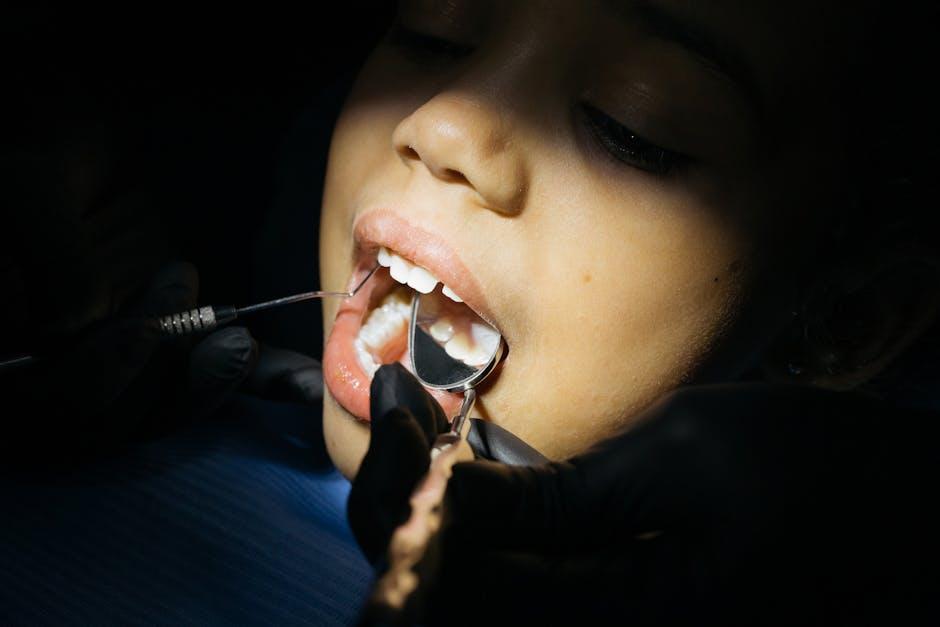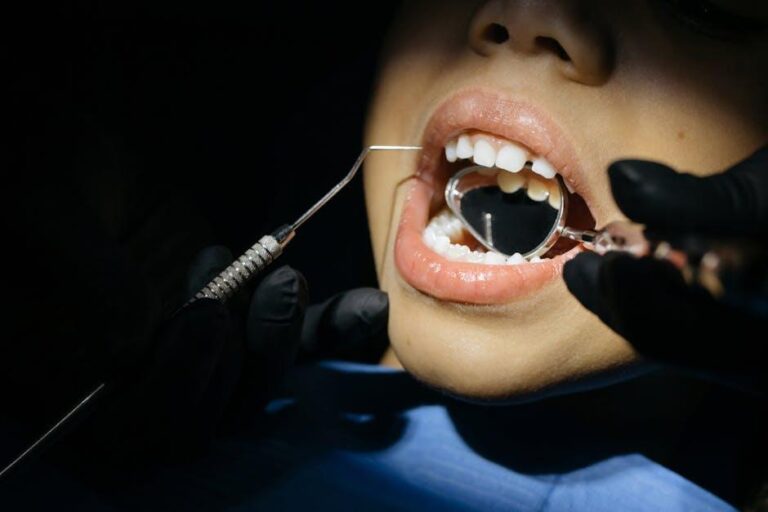
Routine Procedure Turns Fatal: Dentist Sheds Light on Dangers of Tooth Decay and Anesthesia Risks – Spectrum News 13
Dental visits are often viewed as routine, necessary checkups or minor procedures that hardly raise any alarm. However, what happens when a common dental procedure turns tragic? Recently, Spectrum News 13 brought to light a fatal incident linked to tooth decay and anesthesia complications that serve as a stark reminder of the hidden risks involved in dental care.
Understanding Tooth Decay: More Dangerous Than It Seems
Tooth decay, medically known as dental caries, is among the most prevalent oral health disorders worldwide. It affects individuals of all ages and, if neglected, can lead to severe complications, including infections that may turn life-threatening. The Spectrum News 13 case highlighted how prolonged tooth decay can escalate beyond simple cavity filling.
What Causes Tooth Decay?
- Poor Oral Hygiene: Infrequent brushing and flossing allow plaque buildup, accelerating decay.
- Diet High in Sugars and Carbohydrates: These foods feed bacteria, producing acids that erode enamel.
- Dry Mouth: Lower saliva flow reduces the mouth’s natural cleaning action.
- Genetics: Some individuals naturally have weaker enamel or more cavity-prone teeth.
Complications from Untreated Tooth Decay
- Dental Abscess: An infection at the root of a tooth or gum can spread rapidly.
- Bone Infection: Infection reaching the jawbone causes osteomyelitis.
- Systemic Infection: In rare cases, bacteria can enter the bloodstream, leading to sepsis.
- Fatal Outcomes: As tragically demonstrated, untreated infections combined with anesthesia risks can be fatal.
The Hidden Risks of Anesthesia in Dental Procedures
While dental anesthesia is generally safe when administered by trained professionals, it is not without risks. The Spectrum News 13 report underlines the importance of understanding anesthesia complications during even routine dental treatments.
Types of Anesthesia Commonly Used in Dentistry
| Type | Use Cases | Common Risks |
|---|---|---|
| Local Anesthesia | Fillings, minor oral surgery | Allergic reaction, nerve damage, injection site pain |
| Conscious Sedation | Wisdom teeth extraction, anxiety management | Respiratory depression, nausea, dizziness |
| General Anesthesia | Extensive oral surgery | Respiratory issues, cardiac complications, rare fatal reactions |
Factors Influencing Anesthesia Risk
- Patient Medical History: Undiagnosed allergies or heart and lung conditions increase risk.
- Correct Dosage: Overdosage or errors during administration can cause severe side effects.
- Infection and Inflammation: Existing infections can complicate anesthesia reactions.
- Pre-existing Anxiety and Health Status: Patient stress levels and physical state affect anesthesia tolerance.
Case Study: What Went Wrong?
The fatal incident reported involved a routine cavity filling for a patient with extensive tooth decay accompanied by an anesthesia procedure. According to the dentist’s insight:
- The patient’s extensive tooth decay had already triggered a deep abscess, creating an undetected systemic infection.
- Anesthesia was administered without full preoperative screening that could have identified heightened risk factors.
- The infection compounded anesthesia complications, leading to respiratory distress and fatal cardiac arrest.
This medical emergency turned tragedy underscores how vital it is to approach dental health with seriousness and adequate preparation, especially when tooth decay is advanced.
Practical Tips to Prevent Dangers of Tooth Decay and Anesthesia Risks
To stay safe during dental procedures and safeguard against complications, consider the following:
- Maintain Excellent Oral Hygiene: Brush twice daily, floss regularly, and visit your dentist every six months.
- Be Honest About Medical History: Disclose allergies, medications, and any chronic illnesses to your dental team.
- Request Thorough Pre-Anesthesia Screening: Ask about risks and make sure all pre-treatment tests are conducted properly.
- Monitor Symptoms: Seek prompt care if you experience swelling, fever, or severe pain before dental work.
- Choose Experienced Dental Professionals: Select licensed dentists and anesthetists with good track records.
Benefits of Early Intervention and Preventive Dental Care
Early treatment of tooth decay and cautious anesthesia management yields remarkable benefits:
- Reduced Risk of Severe Infection: Catching decay early prevents abscess formation.
- Less Need for Invasive Procedures: Saves time, money, and discomfort.
- Safer Anesthesia Experience: Thorough patient evaluation minimizes adverse effects.
- Improved Overall Health: Dental health is linked to heart, lung, and systemic wellness.
Conclusion: Prioritize Your Dental and Anesthesia Safety
Dental care, while routine for many, encompasses risks that should never be underestimated. The heartbreaking incident highlighted by Spectrum News 13 illuminates the consequences of overlooking the severity of tooth decay and the potential dangers of anesthesia during dental procedures.
By maintaining vigilant oral hygiene, communicating openly with your dental healthcare providers, and understanding anesthesia risks, you can ensure safer dental experiences. Remember, prevention and preparedness are your best defense to avoid fatal outcomes, turning your dental visits into positive steps towards lifelong oral health.
Stay informed, stay safe, and always prioritize your dental well-being.


